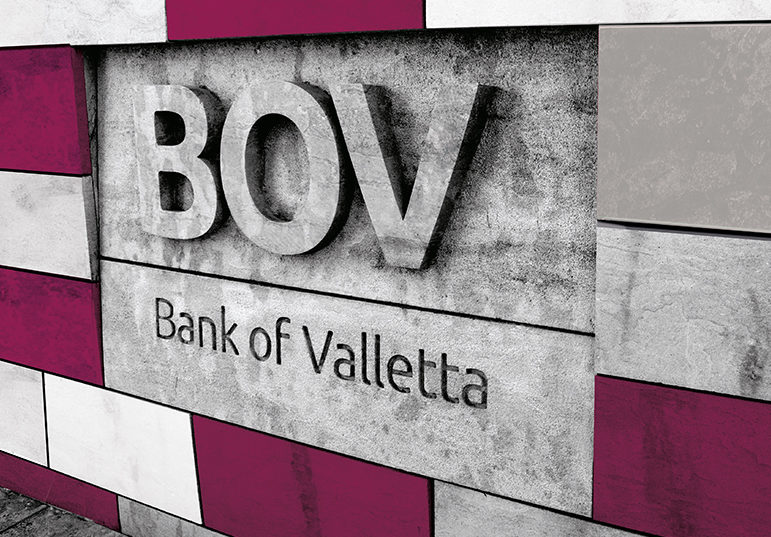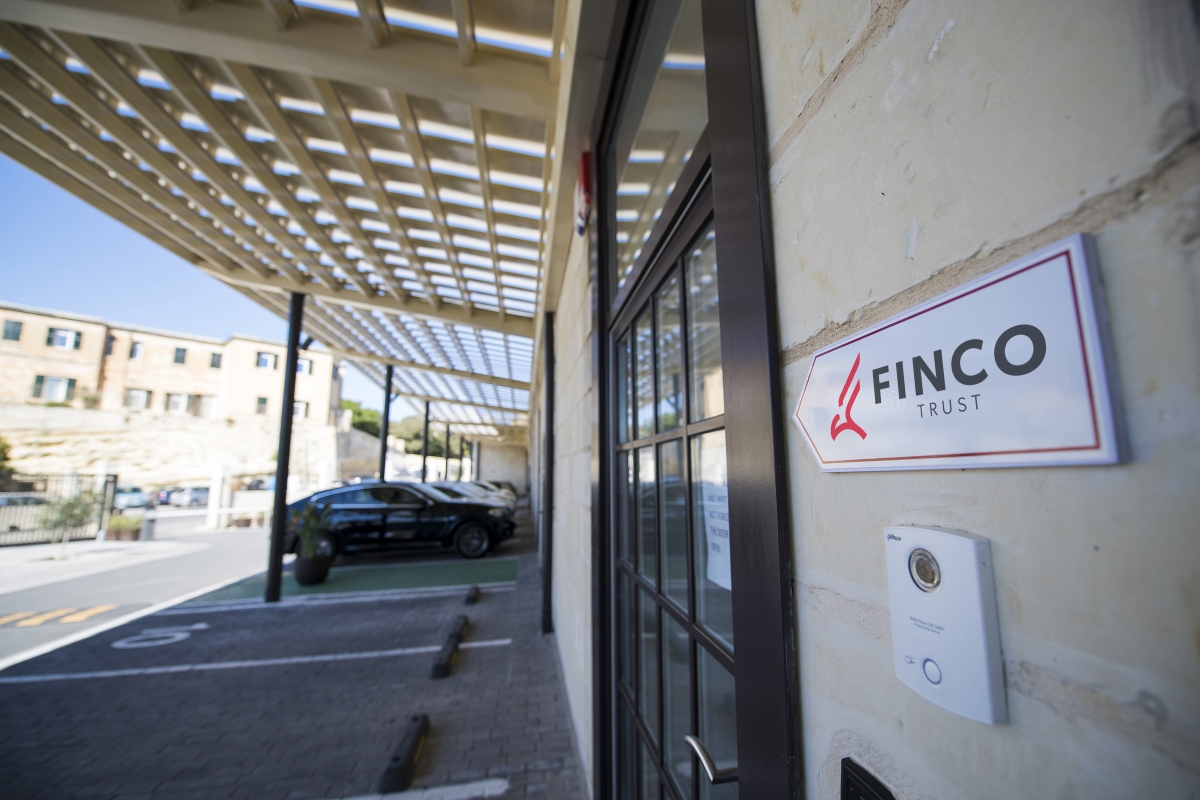News that the American agency Fitch Ratings is considering downgrading Malta’s largest bank may have raised eyebrows in business and financial circles, but the Government’s involvement, through its shareholding, should put to rest any such fears.
In a recent statement , Fitch said that updates to the criteria it uses to generate banks’ credit ratings left BOV with lower scores than it currently has.
The ratings agency however sought to allay investor concerns, noting that in the case of all four banks in Europe and the Middle East affected by the changes, the potential downgrade was only by one notch.
Asked for a reaction to the news, a BOV representative told BusinessNow.mt: “Fitch is in the process of revising its rating criteria, but prior to this, there are some institutions, of which the bank is one, which will be undergoing a period of observation to see whether such a revision of rating is justifiable.”
The bank declined to comment on what impact a downgrade might have on its financial estimates for next year.
Meanwhile, a consultant with links to the banking sector, who asked not to be named, said that although a downgrade is never good news, it should not be seen in isolation.
“Looking at it from a depositor perspective,” she said, “a one-notch downgrade should not worry depositors if the bank’s capital and liquidity ratios are in order.”
She further explained that the Maltese Government’s 25 per cent shareholding in BOV significantly decreases the risks
“It’s simply too important for Malta. If it fails, the whole economy goes.”
In fact, since it is deemed a “significant bank”, BOV, together with HSBC and MeDirect, is directly supervised by the ECB, and not by the Malta Financial Services Authority (MFSA), unlike other financial institutions.

The bank’s systemic importance and large Government shareholding means it lies at the heart of the Maltese economy.
“From a financial stability viewpoint, therefore,” continued the consultant, “BOV is critical. That is why proper governance is important – a point mentioned by both the ECB and Fitch.”
Malta’s inflation edges up to 2.7% in October as food and services lead price pressures
The October RPI reading indicates some re-acceleration in consumer-facing sectors after a period of summer stabilisation
db Group reports turnover of almost €100 million and record profit as it opens bond issue to public investors
This coincides with the launch of a €60 million bond programme to support the Group’s continued expansion
Celebrating success: stories from the team behind Finco Trust
The stories of Lee-Anne Abela, Kris Vella, and Maria Mamo reflect the values that continue to guide the firm forward






